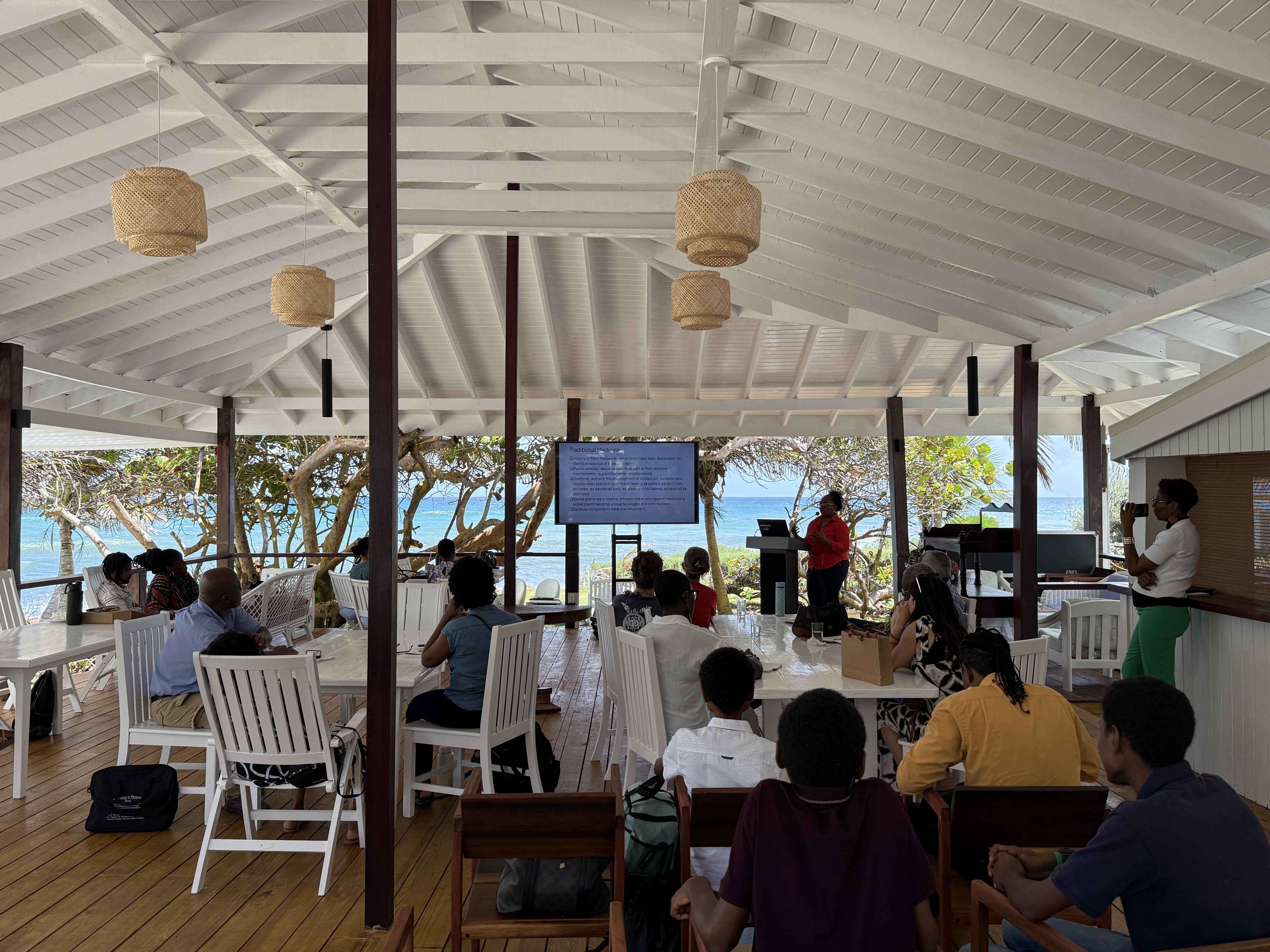The Tamarack Institute is a registered Canadian charity dedicated to ending poverty in all its forms, for good. We support real people and invest in real communities for long-term change.
Canadian Cities Leading on Climate Action
In recent years, the importance of place-based action in addressing the climate crisis has become increasingly clear. Municipalities have influence over more than half of Canada’s emissions, thus they have a unique role to play in reducing emissions and creating healthier, more equitable, and sustainable environments. This is where the National Climate League (NCL) report, a volunteer-driven data collection project developed by Climate Reality Project Canada, comes into focus. The NCL report provides a comprehensive analysis that tracks the climate plans and policies of Canada municipalities each year. The 2024 edition dives into 53 municipalities, providing a snapshot of local climate progress and highlighting areas for improvement, transparency, and accountability.
The report’s findings are not just about emissions targets; they capture the real, human-centered transformation that local climate solutions can bring. Thus, achieving national climate goals will depend on local leadership, grassroots engagement, and community-driven efforts. These actions reflect the ethos of Tamarack Institute's Community Climate Transitions (CCT) members, many of whom are featured in the NCL report.
The report’s findings are not just about emissions targets; they capture the real, human-centered transformation that local climate solutions can bring. Thus, achieving national climate goals will depend on local leadership, grassroots engagement, and community-driven efforts. These actions reflect the ethos of Tamarack Institute's Community Climate Transitions (CCT) members, many of whom are featured in the NCL report.
CCT members profiled for their climate leadership include:
BC Communities (Multiple): Fossil Fuel Phase Out from New Buildings
Of the four surveyed municipalities that have started implementing regulations for new buildings to be fossil fuel by 2030, three are in BC (Vancouver, Victoria, and Nanaimo). Both Victoria and Nanaimo have adopted the top tier of the Zero Carbon Step Code on an accelerated timeline. Cowichan Climate Hub, a CCT member, has been doing important advocacy in this area.
Fredericton: Progress Report
The City of Fredericton’s website has a climate dashboard that lists the action items in their climate plan along with the current status. Over the last year, Fredericton Climate Hub, a CCT member, has been working to build collaborative governance structures to help embed collaboration into the local movement and begin planning community events to activate local climate action.
Halifax: Climate Plan and Levy
The Regional Municipality of Halifax adopted its climate plan, HalifACT: Acting on Climate Together, in 2020. It is considered a leading climate plan as it integrates climate mitigation and adaptation, as well as community and corporate-based actions.
Halifax is also unique insofar as it has introduced a climate levy to fund its climate plan implementation, where 3% of the property tax increase each year is dedicated to climate action initiatives. Public support, including through a letter-writing campaign, helped lead to the creation of the levy. Read more about these efforts, led by CCT’s Halifax team and others, in this case study.
London: Regular GHG inventories
The City of London has been tracking community-wide greenhouse gas emissions on an annual basis since 2004, following the Global Protocol for Community-Scale Greenhouse Gas Emission Inventories. Through the CCT network, the City of London has partnered with Climate Action London, London Environmental Network, Pillar Nonprofit and others to explore how co-creation and collaboration can accelerate their local climate action.
Montreal: Convenient Access To Transit
Montreal was ranked as the city with the highest proportion of households living in close proximity to a transit stop (at 88%) is Montreal. GRAME, a CCT member, is working at the intersection of climate action and other issues such as poverty reduction, housing and transit equity and justice, and building a sense of community and belonging. Another member, ENvironnement JEUnesse, is building the capacity of youth to become climate champions in their communities.
Regina: Waste Diversion Target and Transit Access
The City of Regina, a CCT member, is recognized for having a residential diversion target of 65% and an updated waste management plan coming soon. It also stands out for performing well in terms of convenient access to public transit.
Toronto: Net-Zero Target, Progress Report and Green Building Standard
The City of Toronto’s ambitious net-zero by 2040 target is praised along with its transparent approach thanks to its commitment to developing public-facing annual climate progress reports starting this year. The 2024 report includes climate actions already taken and a section on upcoming public engagement activities. The City’s Green Building Standard, which applies to both private and city-owned new development, is also recognized.
The City of Toronto partnered with Toronto Climate Action Network, Centre for Social Innovation and several others to take part in CCT’s inaugural Climate Transitions Cohort, and subsequently launched a climate-focused collective impact initiative (read more here).
Winnipeg: Embedding Equity
Winnipeg’s Climate Action Plan begins with a set of principles, draw in part from its Indigenous Accord Vision, including “By approaching climate mitigation through the lens of ‘all things being connected’, Winnipeg realizes holistic co-benefits from climate change action that increases jobs and economic activity, improves health outcomes of citizens, and increases social equity and affordability for Winnipeggers.” Manitoba Eco-Network, a CCT member, adopted a similarly holistic approach to its neighborhood-level work supporting emergency response planning and nature-based resilience interventions in under-resourced areas of the city.
























